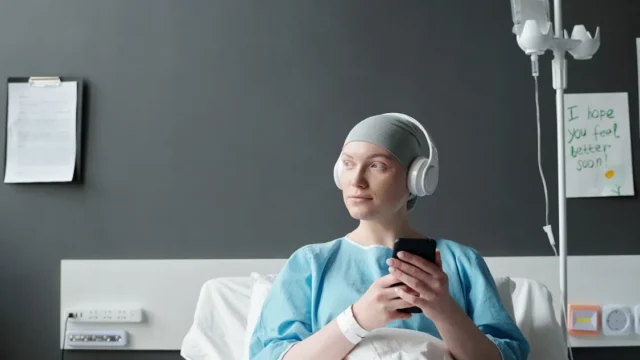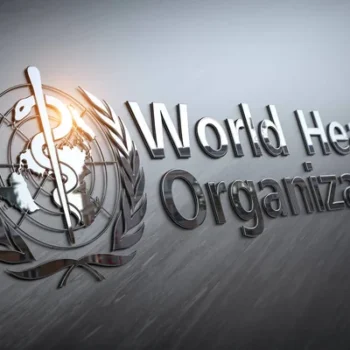
Specialists – oncologists are sounding the alarm! The incidence of cancer among young people around the world is rapidly increasing! Thus, in their opinion, cancer is no longer a disease of older people, as it was previously thought.
Indeed, cancer is “getting younger”. They don’t talk about it much in our country, or rather, they don’t talk about it at all. Nevertheless, it is a fact – in just a few years, the number of cases of cancer diagnosed at a young age has increased significantly. Many cancers that were always thought to be more common in older age groups (50+) are now being diagnosed in younger people aged 40-49 and under.
Inna Foundation staff looked at the findings of a study published in the journal BMJ Oncology. The article, ‘The trend is changing: the rise in young cancer cases demands attention’, reports the results of an analysis of cancer incidence data from 1990 to 2019.
Researchers from the Centre for Public Health at Queen’s University Belfast (UK) have recorded a change in the general picture of cancer incidence – there is a sharp global increase in the number of cancer patients under the age of 50. Such changes occur primarily in North America, Western Europe and Australia. Specialists found that from 1990 to 2019, the incidence of cancer at a young age on the planet increased by 79.1%, and cancer mortality among young people increased by 27.7%!
Researchers identify four cancers that were most commonly diagnosed in young people during this period and which gave the highest mortality rate in 2019 – breast cancer, lung cancer (trachea, bronchi), colorectal cancer and stomach cancer. There is also an increase in cases of “young” cancer of the pancreas, oesophagus, skin.
What is it connected with? Doctors suspect that the increase in the number of cancers in young people is most often influenced by people’s lifestyle – reduced physical activity, obesity, consumption of unhealthy foods, alcohol, smoking, exposure to various toxins and other factors. Interestingly, high fasting blood glucose levels have been identified as a serious risk factor for cancer at a young age!
Experts predict an increase in the number of cancer deaths among young people until 2030. Therefore, they advise health systems around the world to prepare for this development. In addition, countries should consider adopting targeted measures for early detection of cancer in young people, including increased screening, as well as increasing international co-operation and partnership to fight the plague of the XXI century – cancer!












